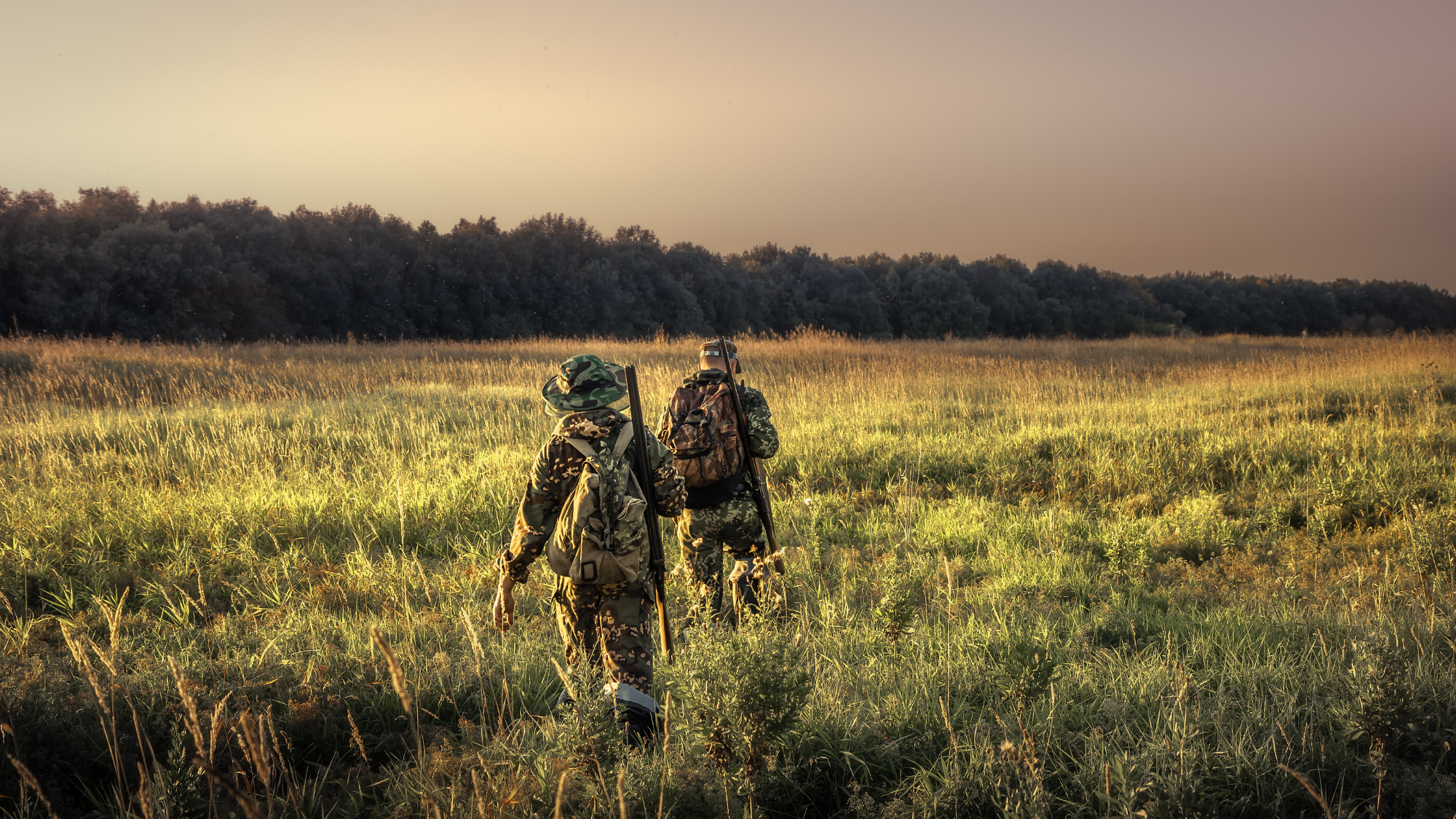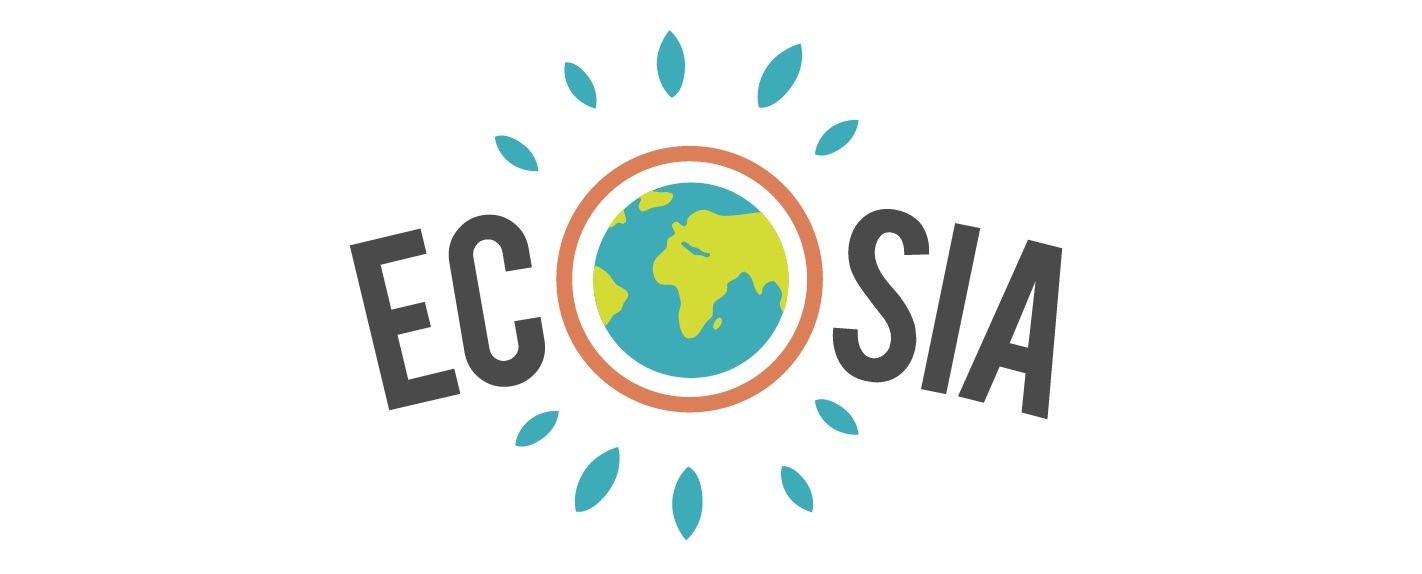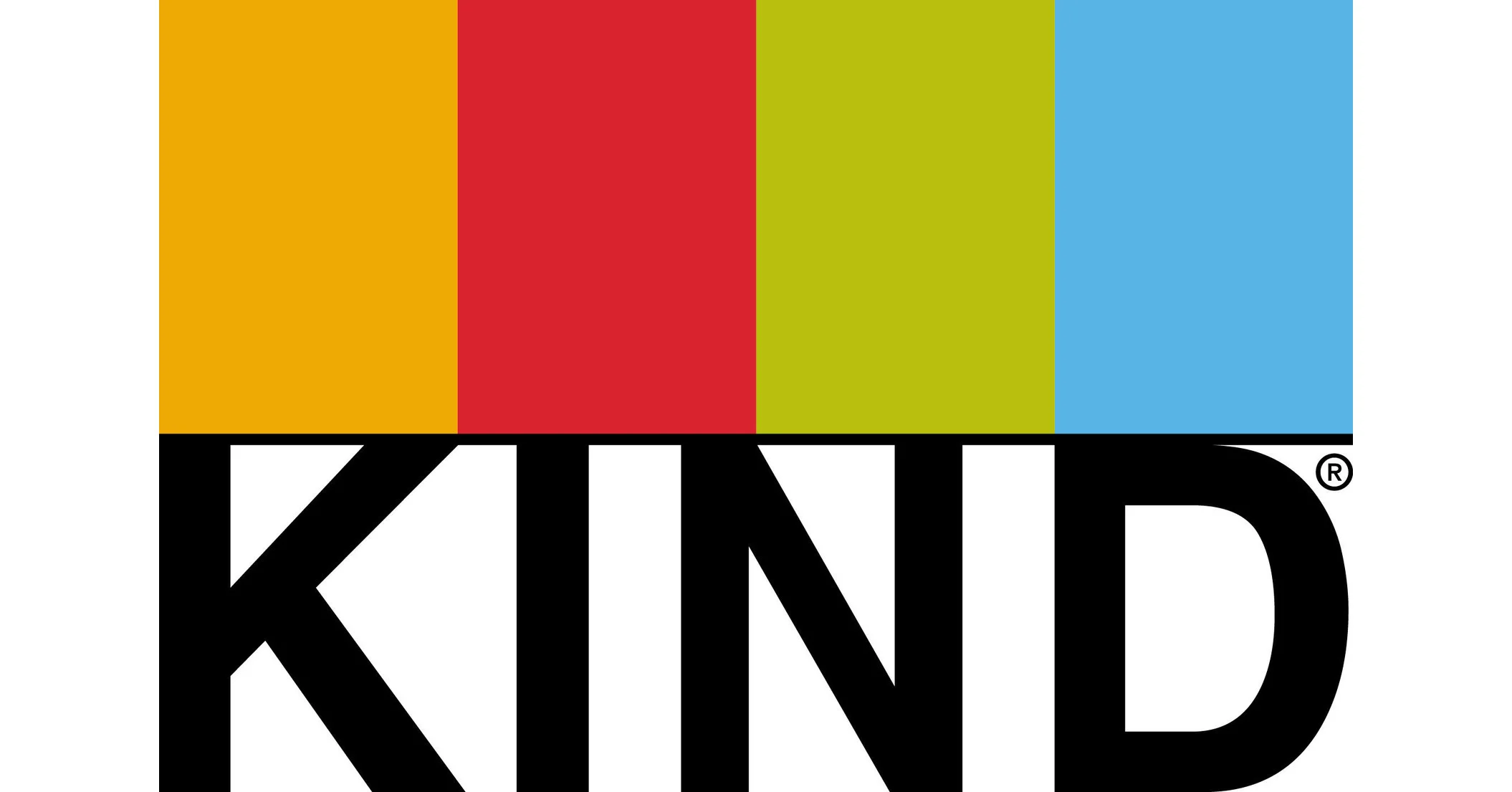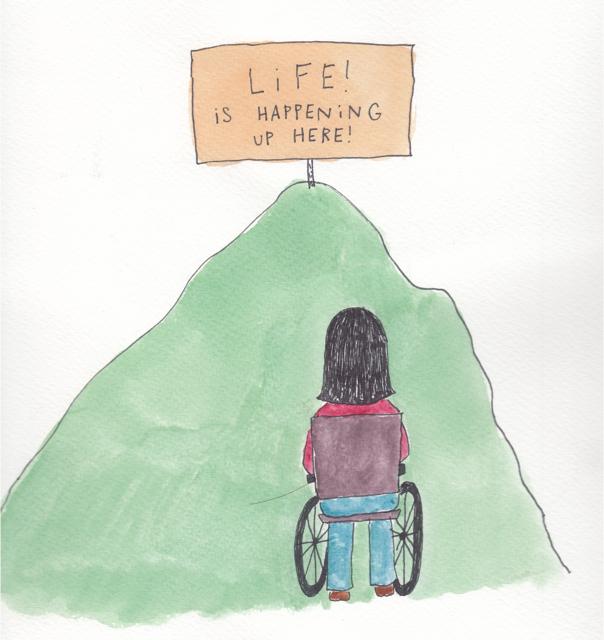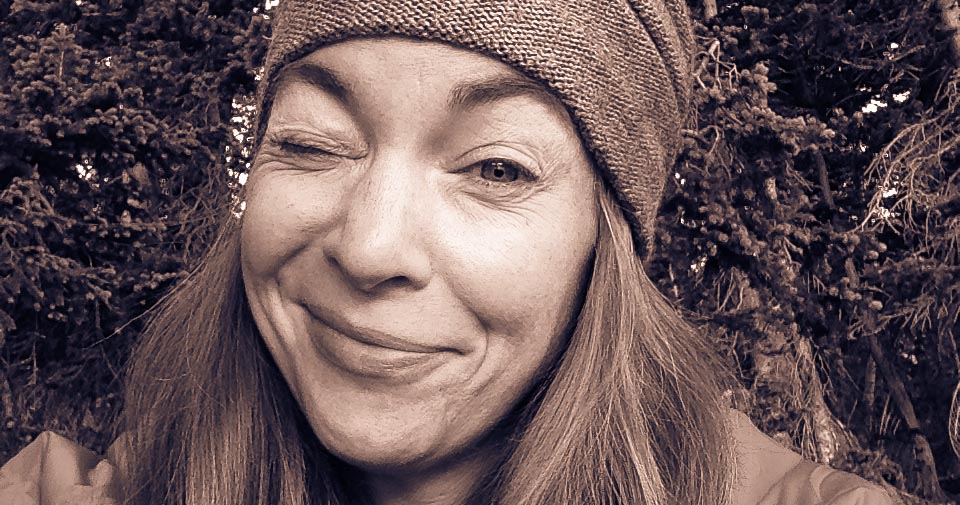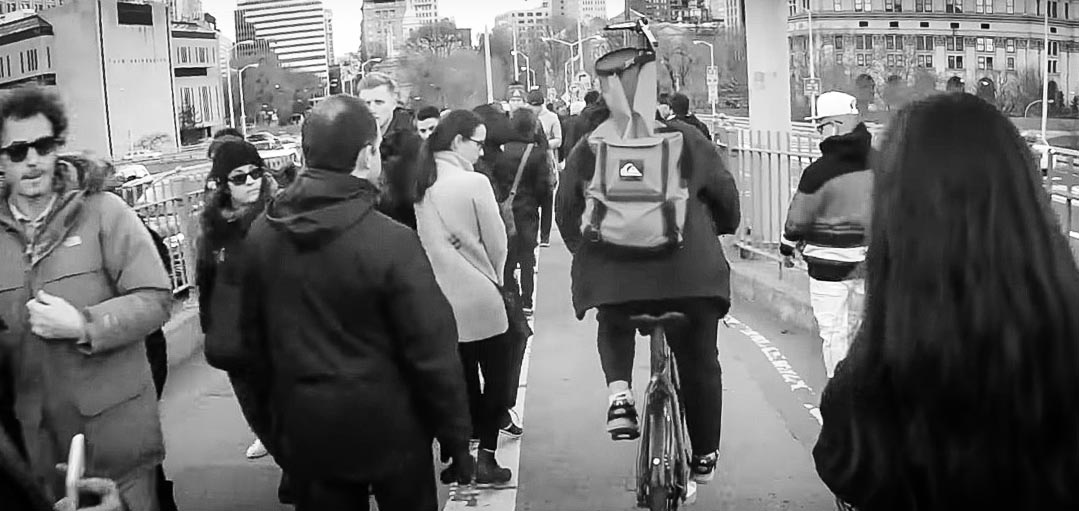Denial
/Why we all ignore facts — even when they stare us in the face
Backcountry guide Cindy Gagnon (Photo by Josh Vertucci)
Cindy Gagnon was backcountry skiing in Canada when she was buried in an avalanche.
Just a few hours later, the people she was skiing with — her friends — acted like nothing had happened. They reveled in the fresh powder, hooting and hollering as they skied home.
How could that be? And what did it mean?
This is a story about a type of denial we all engage in, whether in the wilderness or in our careers. It's a denial that simultaneously explains — and impedes — our ability for survival. And it might make you think twice about the decisions you make in the future.
Producer Bishop Sand, host of the new podcast Qualia, brings us the story.
“In order to do anything really great, we have to go in with our blinders on. Because we wouldn’t start any project if we thought about all the uncertainty and complexity that might be involved.”
Bishop Sand is the host and founder of the podcast Qualia, which immerses listeners in science experiments.



